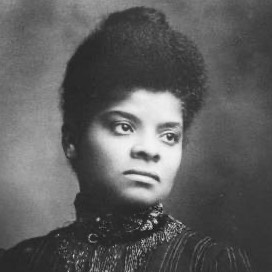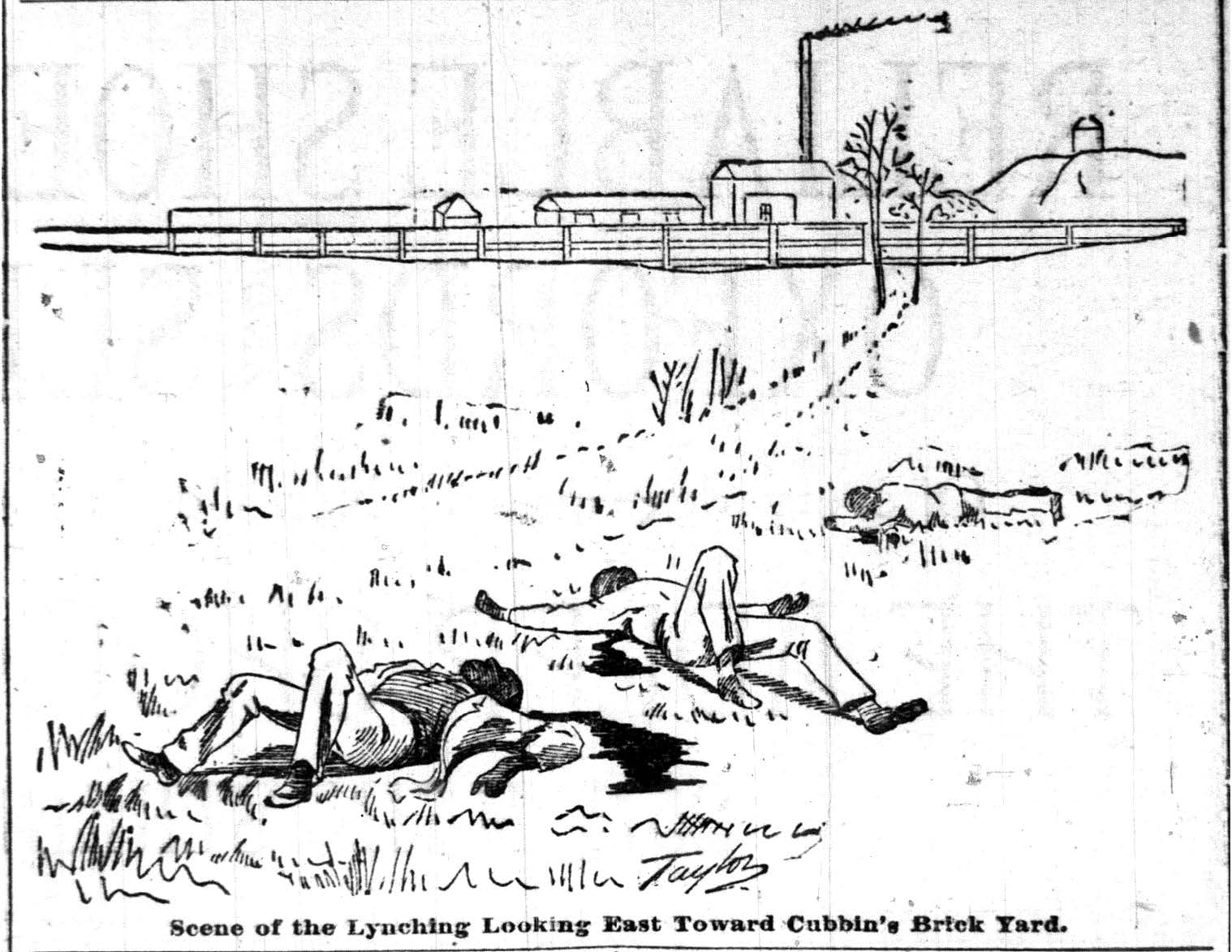Ida B. Wells Documentary
Overview
 The Hooks Institute is producing its newest documentary film about the life of Ida
B. Wells (1862-1931), her experiences in Memphis, Tennessee, and her campaign against
the practice of lynching in the United States.
The Hooks Institute is producing its newest documentary film about the life of Ida
B. Wells (1862-1931), her experiences in Memphis, Tennessee, and her campaign against
the practice of lynching in the United States.
Our film explores the unique social, cultural, and political atmosphere of late 19th century Memphis and how these conditions shaped and fueled the activism of Ida B. Wells. The Hooks Institute is excited to tell a new generation the story of Wells, a courageous and unyielding crusader for civil rights!
"The way to right wrongs is to turn the light of truth upon them" Ida B. Wells-Barnett
Documentary Summary
Born a slave in Holly Springs Mississippi, Ida B. Wells became an internationally recognized advocate for the rights of African Americans and Women in American society. In 1884, after moving to Memphis, Wells challenged one of the nation's first Jim Crow laws when she refused to leave the "whites only" ladies car for the smoke filled "colored car" on a train from the Poplar Station to northern Shelby County. Wells used the event to begin her journalistic career, establishing herself as one of the most popular figures in the national African American Press. Wells became the first female owner of a Memphis-based newspaper, a publication titled The Free Speech. Facing both racial prejudice, and blatant sexism, Wells honed her unforgiving rhetoric, leading the attack against injustices in the Jim Crow south, and across the nation.
Memphis and the Lynching at the Curve | Hooks Institute Blog
 In Memphis, Wells embarked on the most important mission of her young career. In 1892
three African American businessmen, Thomas Moss, Calvin McDowell, and Will Stewart
were lynched in Memphis by a mob led by a white business competitor. Devastated, Wells
thereafter dedicated herself to discrediting the practice of lynching in the American
South. Wells' fearless and uncompromising fight against those who advocated or participated
in these bigoted attacks angered the white establishment of Memphis. In less than
a year, Wells was forced to flee Memphis in fear for her life. Living in exile, Wells
continued to fight against the practice of lynching through her writing and speeches
in both England and the United States. Many historians believe Wells' work helped
to discredit lynching in American society, making Wells one of the most important
figures in the fight for racial justice and basic human rights.
In Memphis, Wells embarked on the most important mission of her young career. In 1892
three African American businessmen, Thomas Moss, Calvin McDowell, and Will Stewart
were lynched in Memphis by a mob led by a white business competitor. Devastated, Wells
thereafter dedicated herself to discrediting the practice of lynching in the American
South. Wells' fearless and uncompromising fight against those who advocated or participated
in these bigoted attacks angered the white establishment of Memphis. In less than
a year, Wells was forced to flee Memphis in fear for her life. Living in exile, Wells
continued to fight against the practice of lynching through her writing and speeches
in both England and the United States. Many historians believe Wells' work helped
to discredit lynching in American society, making Wells one of the most important
figures in the fight for racial justice and basic human rights.
Sponsors
The Hooks Institute extends its gratitude to FedEx Corporation, Gannett Foundation and Humanities Tennessee for seed funding for this documentary.
